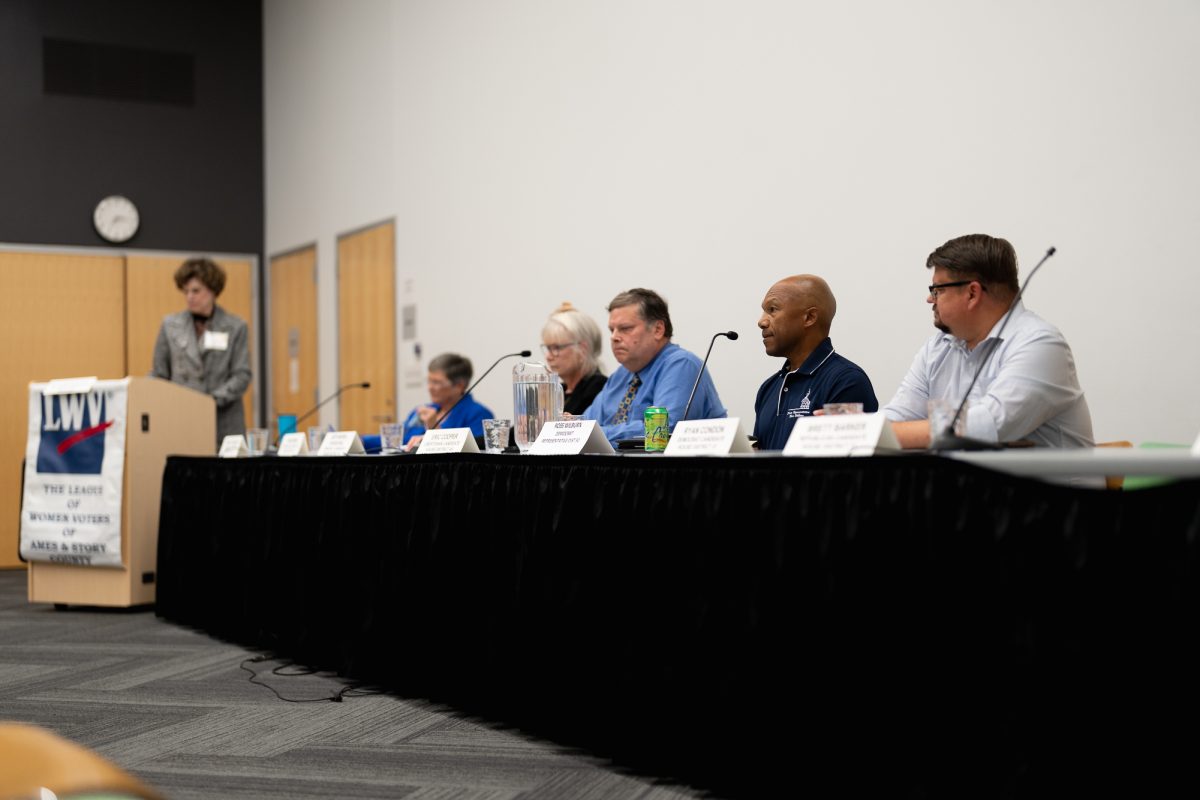God wins either way
October 29, 1999
I am writing in response to Elton Wong’s article, “God and morality are two separate issues.”
I can agree with Wong that we should not argue from an unjustified foundation nor should we assume our position’s veracity and then proceed to use this assumption in our demonstration.
Wong is absolutely correct in his criticism, and many people should listen to his admonishment.
However, I must take issue with some of Wong’s statements and arguments.
To claim that reason is the only authority is simply false.
If I understand Wong correctly, he is arguing that only reason can tell us the difference between right and wrong. This is an erroneous view of reason.
Reason is not authoritative; it is instrumental. That is to say, reason is an instrument to find truth; it does not determine truth. Reality determines what the truth is.
Reason tells us that God cannot both exist and not exist at the same time and in the same sense. But reason does not tell us that whether or not God does, in fact, exist. We must search reality to see if there is any evidence that he does.
Also, reason does not rule out a revelation from God. It might very well be that God has given us scriptures so we can know God, and it might be that God hasn’t. How are we to know?
We need to look at reality to see if there is any reason for believing that God has revealed himself. Reason is an instrument not an authority.
Second, Wong makes moral judgments in his article. By asserting these statements, he violates his own principle.
The principle as Wong states it is, “Appealing to the Bible, any religious text or idea is not a valid method for arguing a point when the text or idea itself is not justified.”
If Wong believes this for religious ideas and texts, I would suspect that he holds this for any idea or text. Whether religious or not.
To say “believing that homosexuality is wrong” is incorrect because it is “unreasonable” is just an assertion.
Wong is making moral judgments without justification. He needs to justify his moral theory if he expects others to do the same.
Lastly, Wong gives us a false dilemma. Wong states, “There are two possibilities with respect to God and morality.” These two possibilities being, “Either God accepts morality because it is right and true, or God defines the very fabric of right and wrong using his will.” However, there is a third alternative.
That is, God accepts morality because it is accord with his perfect moral character. The ethical imperatives that God gives are in accord with his unchanging moral character. In other words, God wills what is in agreement with his own moral attributes.
God never wills anything that is not in accord with his morally perfect character. Wong needs to show how this alternative is not viable in order for his conclusions to follow.
Further, Wong commits a fallacy in examining the second horn of the dilemma.
Wong objects to right and wrong being prescribed by God because it would make God into a “supremely powerful despot.”
So what? Is this view false because Wong does not like it? I do not like taxes. Does that mean they I should not have to pay them?
Simply because Wong does not like the idea of God determining right and wrong does not make it untrue!
Moreover, this objection is valid only if the authority is less than ultimate. But God is the ultimate authority, and there is nothing wrong with considering the ultimate authority to be the ultimate authority.
We can equate God with morality. God is the ultimate source of morality.
This is a great comfort because now we have a solid foundation for ethics.
Contrary to Wong this is not an unjustifiable prejudice, but a way that we can know the truth.
And thanks to God that he not only gives us the way to live our lives rightly but gives us the grace and strength necessary to do it!
Jason Reed
Alumnus
Fairfax






